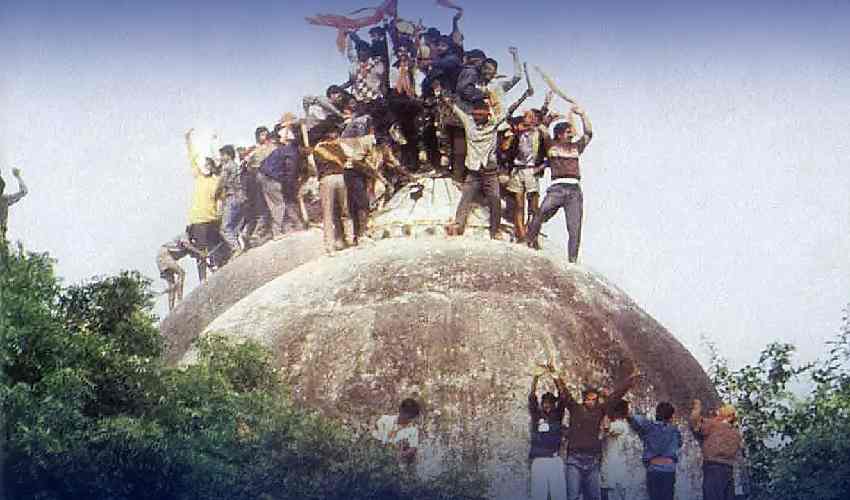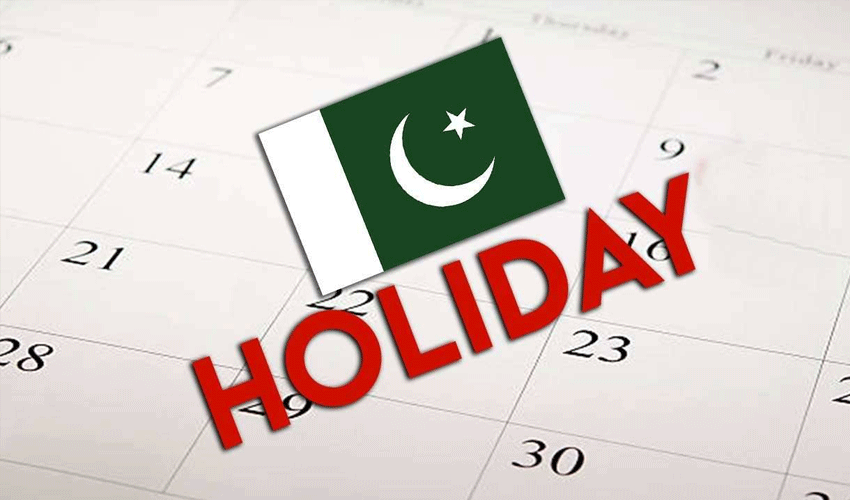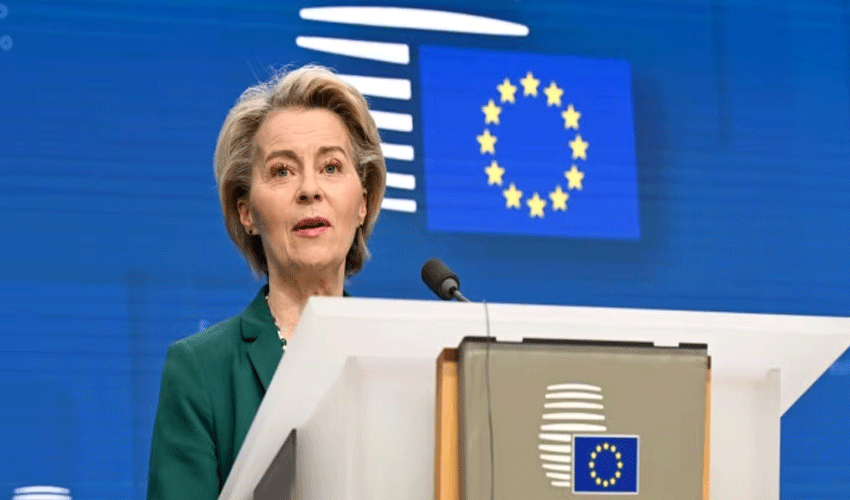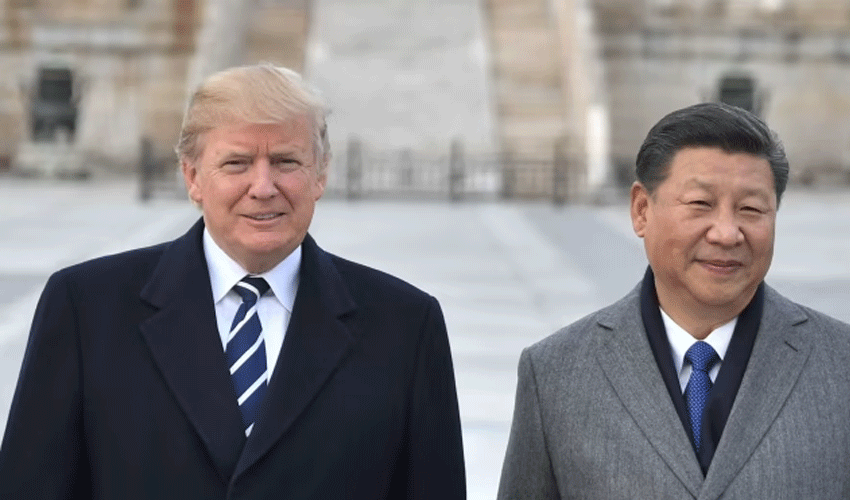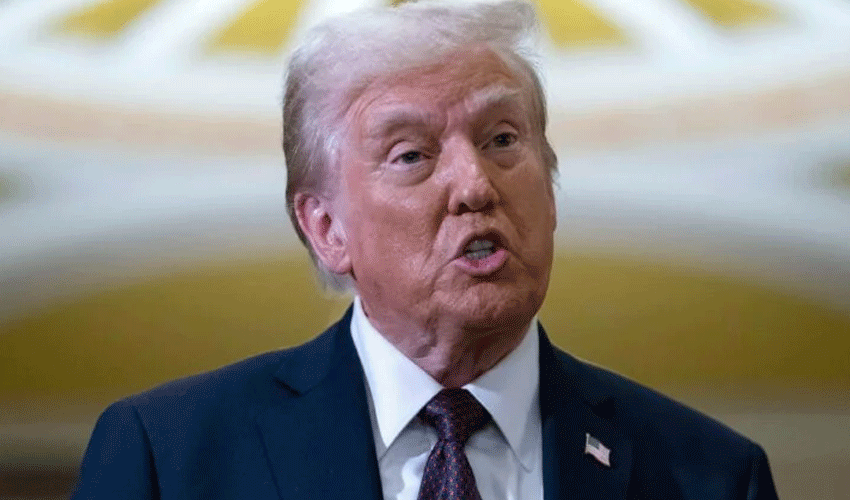On December 6, 1992, a huge event unfolded in Ayodhya, Uttar Pradesh, that would become a pivotal moment in modern Indian history. The Babri Masjid, a historic mosque, was demolished by a group of activists affiliated with multiple political and religious organizations.
According to historical records, the demolition involved participants from the Bharatiya Janata Party (BJP), Rashtriya Swayamsevak Sangh (RSS), Vishva Hindu Parishad, and Bajrang Dal. Eyewitness accounts and investigative reports suggest the use of various tools, including pickaxes and hammers, during the destruction.
The incident triggered widespread consequences. Official reports indicate that over 2,000 individuals lost their lives in the ensuing communal violence, with thousands more injured across multiple regions.
Legal proceedings followed the demolition. A 2009 investigative report by Justice Manmohan Singh implicated 68 individuals, including prominent political leaders. In a significant development, the Supreme Court of India acquitted all accused on November 9, 2019.
Human rights organizations, including Human Rights Watch, have documented the broader implications of the event. Their reports suggest that from 1992 onwards, approximately 500 mosques and religious sites in Gujarat have been demolished.
International human rights bodies have characterized the incident as a violation of minority religious rights and international principles of religious freedom.
The demolition had notable political ramifications, with the BJP's parliamentary representation increasing from 121 to 188 seats in the subsequent period.
The event remains a complex chapter in India's socio-political landscape, continuing to spark discussions about religious tolerance, constitutional rights, and historical reconciliation.





